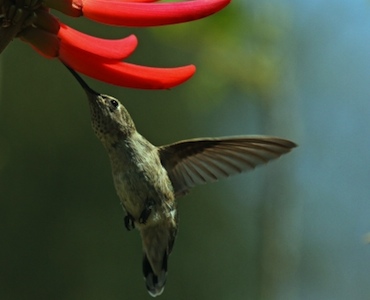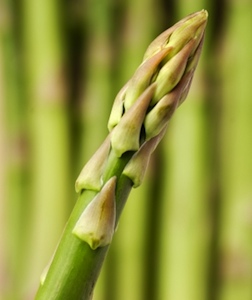
Ontario setting new rules to protect pollinators
Food in Canada
Business Operations Sustainability Fruit & Vegetables bees birds butterflies Ministry of Agriculture Food and Rural Affairs neonicotinoid pesticides pollinator healthThe province has set out proposed regulations on reducing neonicotinoid pesticide use, which affect pollinator health, by 80 per cent by 2017. The public can comment on the draft until May 7

Toronto – Ontario is proposing tougher rules in order to protect some of the province’s smallest and most vulnerable animal pollinators.
 The Ministry of the Environment and Climate Change, and the Ministry of Agriculture, Food and Rural Affairs are proposing new rules that would reduce the number of acres planted with neonicotinoid-treated corn and soybean seeds by 80 per cent by 2017.
The Ministry of the Environment and Climate Change, and the Ministry of Agriculture, Food and Rural Affairs are proposing new rules that would reduce the number of acres planted with neonicotinoid-treated corn and soybean seeds by 80 per cent by 2017.
The move will help protect bees, birds, butterflies and other pollinators, which are vital to crops such as apples, cherries, peaches, plums, cucumbers, asparagus, squash, pumpkins and melons.
Some neonicotinoid insecticides are toxic to bees and other beneficial insects.
The proposed regulations sets rules for the sale and use of neonicotinoid-treated corn and soybean seeds.
Following province-wide consultations last winter, the proposed regulation will help protect pollinators and ensure a productive agricultural sector.
It’s also an important step in developing a pollinator health action plan to examine key stressors that can affect pollinator health, including:
• pesticides
• loss of habitat and nutrition
• climate change and weather
• disease, pests and genetics
To see the draft regulation, click here. It will be available for public comment until May 7, 2015. If approved, the new rules would take effect July 1, 2015.
Hummingbird image courtesy of Michael Elliott at FreeDigitalPhotos.net
Asparagus image courtesy of Paul at FreeDigitalPhotos.net
Print this page